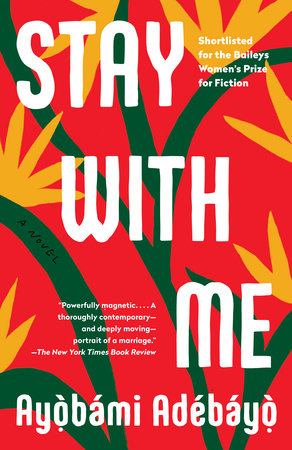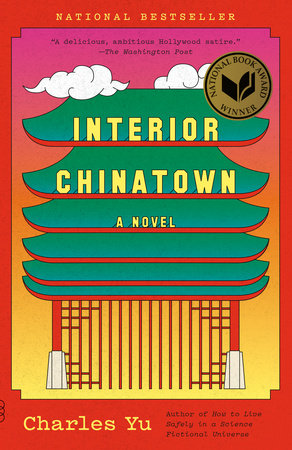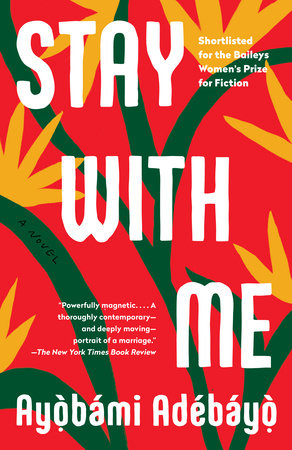

Stay with Me
By Ayobami Adebayo
By Ayobami Adebayo
By Ayobami Adebayo
By Ayobami Adebayo
By Ayobami Adebayo
Read by Adjoa Andoh
By Ayobami Adebayo
Read by Adjoa Andoh
Category: Women's Fiction | Literary Fiction
Category: Women's Fiction | Literary Fiction
Category: Women's Fiction | Literary Fiction | Audiobooks

-
$17.00
Jul 10, 2018 | ISBN 9781101974414
-
Aug 22, 2017 | ISBN 9780451494610
-
Aug 22, 2017 | ISBN 9781524781828
479 Minutes
Buy the Audiobook Download:
YOU MAY ALSO LIKE
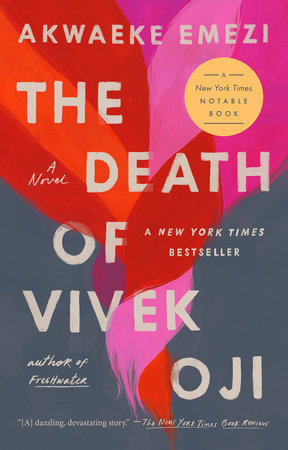
The Death of Vivek Oji

The Return of Faraz Ali
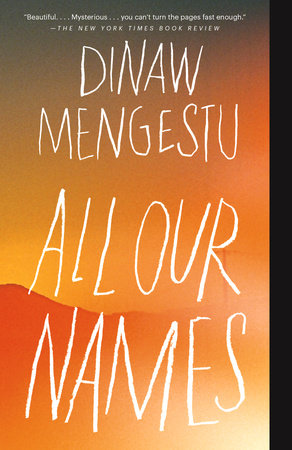
All Our Names
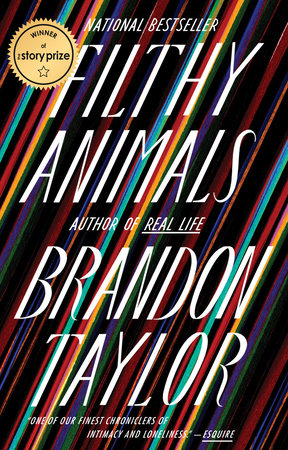
Filthy Animals
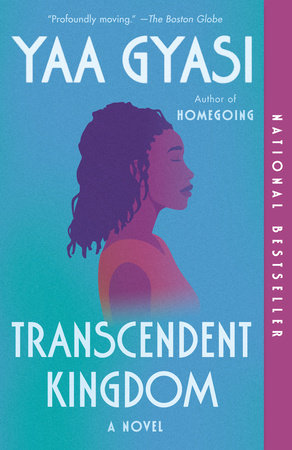
Transcendent Kingdom
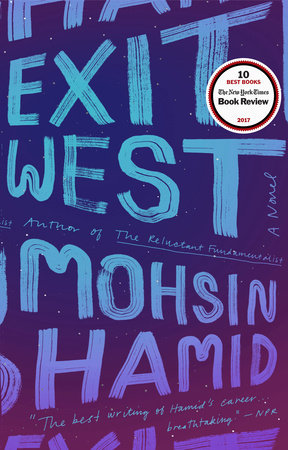
Exit West

On Beauty
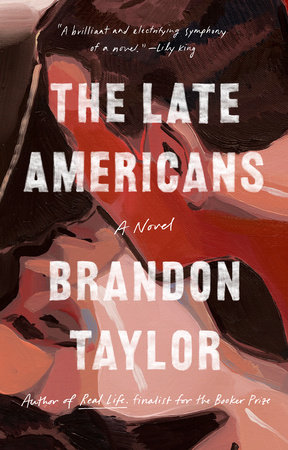
The Late Americans
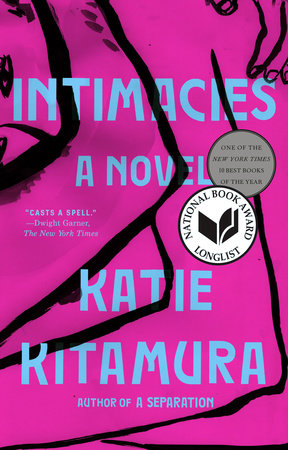
Intimacies
Praise
A New York Times Notable Book • One of the Best Books of the Year: NPR, The Wall Street Journal, The Economist, Chicago Tribune, BuzzFeed, Entertainment Weekly, The New York Post, Southern Living, The Skimm
A BEA Buzz Panel Selection • A Belletrist Book-of-the-Month • A Sarah Jessica Parker Book Club Selection • Shortlisted for the 2017 Baileys Women’s Prize for Fiction • Shortlisted for the Wellcome Book Prize and the 9mobile Prize for Literature • Longlisted for the International Dylan Thomas Prize
“Powerfully magnetic. . . . In the lineage of great works by Chinua Achebe and Chimamanda Ngozi Adichie. . . . A thoroughly contemporary—and deeply moving—portrait of a marriage.” —The New York Times Book Review
“An absolute must-read and a story that will be shared for many decades to come.” —Emma Roberts, Refinery29
“[A] stunning literary work [that] serves as both astute political commentary and unfolding mystery.” —NPR
“Scorching, gripping, ultimately lovely.” —Margaret Atwood, Twitter
“Powerful storytelling. . . . The story is ancient, but Adebayo imbues it with a vibrant, contemporary spirit.” —San Francisco Chronicle
“Wise and deeply humane. . . . A powerfully affecting tale of love, loyalty, and betrayal.” —Sarah Jessica Parker
“Stay With Me feels like a genre unto itself—a story that illustrates the necessity of hope and equality, but one that doesn’t water down the challenges of realizing them.” —Vogue
“A triumph—a complex, deeply felt exploration of love, marriage and family amid cultural and political upheaval.” —Chicago Tribune
“A debut that marks the beginning of what should be a stunning career.” —Goop
“Gorgeous. . . . Filled with big-hearted feelings and all kinds of female strength.” —Bustle
“[A] phenomenal novel. . . . Beautiful. . . . A layered story of love, sacrifice and hope . . . Adebayo’s debut is undoubtedly one of the best reads of this year.” —Essence
“A kind of addictive African soap opera, set against the political chaos of Nigeria in the 1980s.” —People
“A gut-wrenching tale of how wanting a child can wreck a woman, a marriage and a community. . . . Adebayo is surely a writer to watch.” —The Economist
“Forcefully affecting. . . . Adebayo’s compassionate chronicle of a fraught marriage speaks to broader national fears, making this family drama feel like an epic.” —The Wall Street Journal
“Heartbreaking. . . . A story of complicated love teetering between tradition and modernity.” —W Magazine
“A work of intimate yet powerful—and even, at times, shocking—storytelling that will . . . make your world bigger.” —Elle
“A bright, big-hearted demonstration of female spirit, as well as the damage done by the boundlessness of male pride.” —The Guardian
“With lyrical prose, Adebayo explores how far a woman will go to save her marriage.” —Real Simple
“Powerful.” —BuzzFeed
“A heartbreakingly beautiful story about love, marriage, and expectation.” —Southern Living
“Adebayo’s prose is a pleasure: immediate, unpretentious and flecked with whip-smart Nigerian-English dialogue.” —The Sunday Times (London)
21 Books You’ve Been Meaning to Read
Just for joining you’ll get personalized recommendations on your dashboard daily and features only for members.
Find Out More Join Now Sign In






